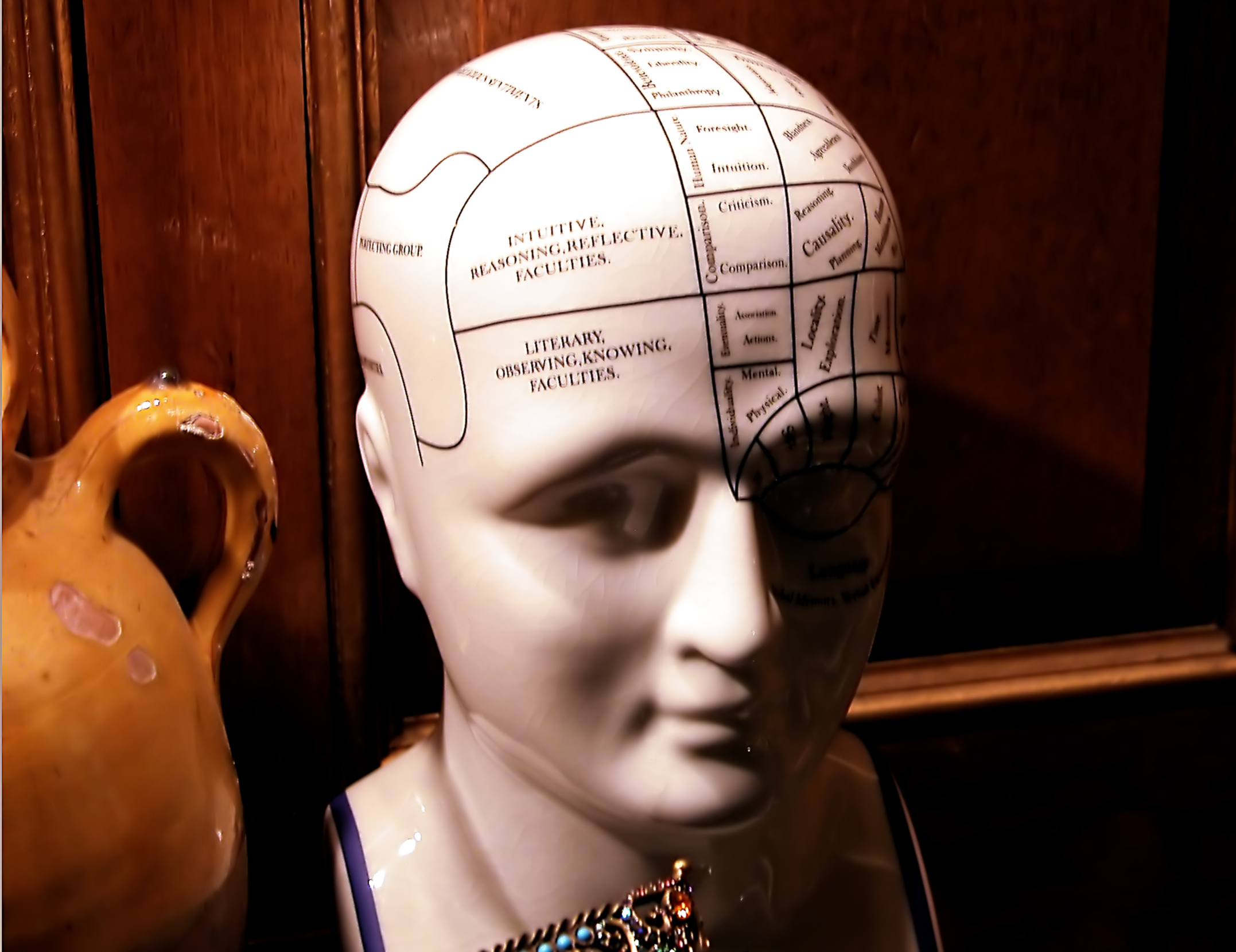Learning a Foreign Language Like a Child?
 We all marvel at the ease with which young children can learn one or even more languages. They can't read or write, but when they are immersed in a language, they learn to understand and speak it within weeks.
We all marvel at the ease with which young children can learn one or even more languages. They can't read or write, but when they are immersed in a language, they learn to understand and speak it within weeks.
There are some self-teaching language programs that would like you believe that their method can make you "learn a foreign language like a child." The implication is clear but wrong: no method lets an adult learn like a child does.
Key Differences
This Op-Ed article by William Alexander in the New York Times, The Benefits of Failing at French, summarizes some of the key differences between the ways adults and young children learn languages:
• "...[a 2-year old brain has] 50% more synapses - the connections between neurons - than an adult brain..."
• "...adults can't help but hear the second language through the filter of the first..."
• "...[we] try to get everything right from the get-go and are self-conscious about our efforts."
Train your Brain while Learning
Yes, learning a foreign language requires more effort for an adult than for a (young) child. (The learning advantage that children have over adults begins to disappear between the ages of 6 to 8, according to some psycholinguists.)
But think about it: for an adult it's a "twofer." Even while we grown-ups are struggling with learning a language, our "older" brain is gaining some huge benefits.
There are even studies that conclude that language learning is likely to be more beneficial than popular brain exercise programs such as Luminosity. (see also our post Baby Boomers and Foreign Languages.)
And as Mr. Alexander points out: "Not only is that [i.e. studying a language] a far more useful and enjoyable activity than an abstract brain game, but as a reward for your efforts, you can treat yourself to a trip abroad"...
